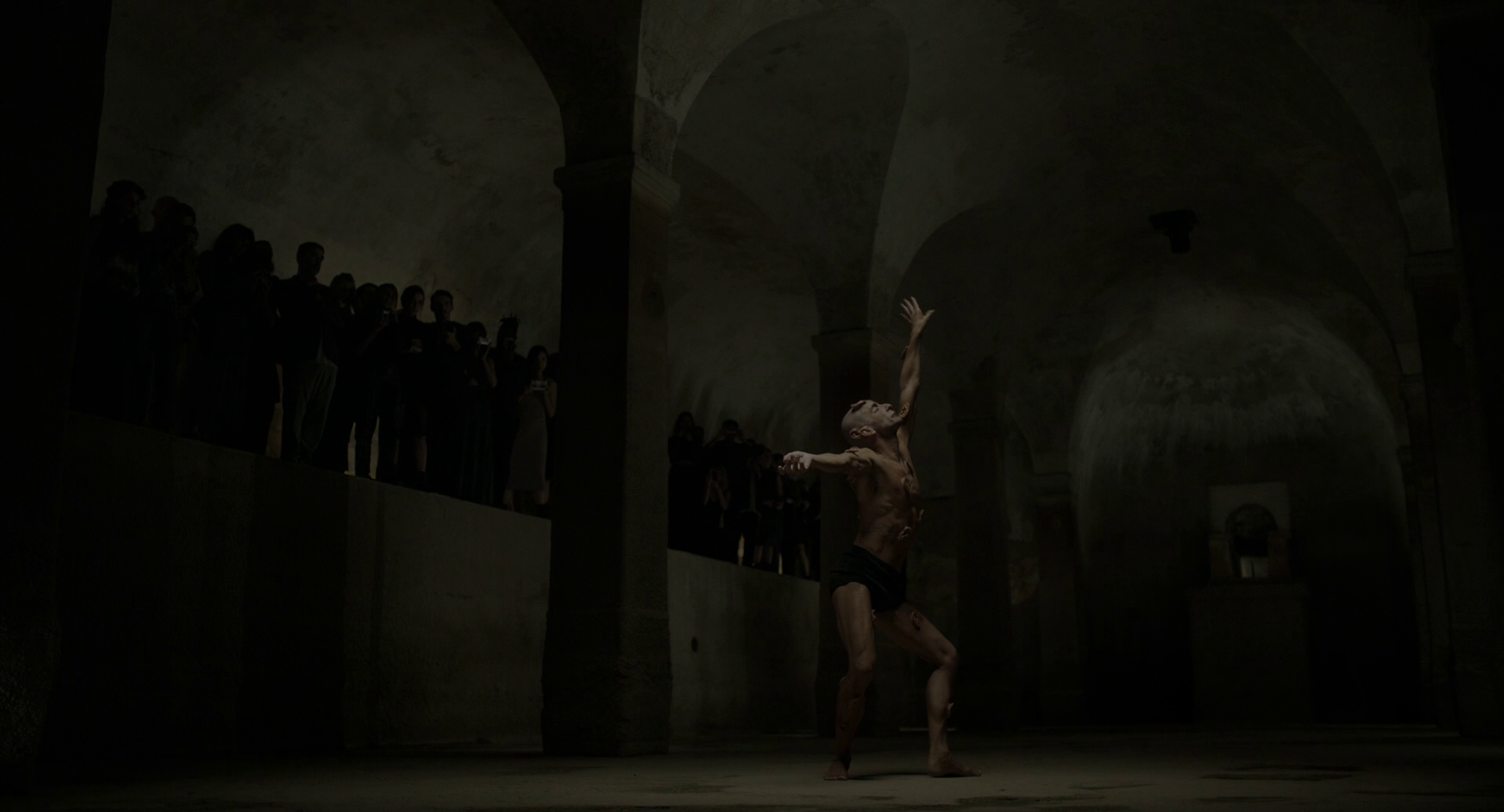Crimes of the Future

Originally published on 22/06/22 on Letterboxd
Perhaps the most contemporary (even when considering something as politically pointed as Cosmopolis) Cronenberg has ever been. For all its deliberating upon the symbiosis between technology and the commodified body moulded to become reliant on the former for survival, this is essentially a classical work that contextualises the struggle for bodily autonomy as an eternal one- see the stark, almost painterly light pouring across Caprice in the final autopsy, for instance. The war between the autocratic state and transgression beyond what we know to be true via often deeply erotic experimentation is boiled down to a microcosm in the form of the war to control Saul's body, constantly thrust in and out of both a reminder of an unfulfilled past (the shipyards) and an uncertain future (the operating theatre).
It is then clear that this is a fundamental hauntological work that, like the advances in human evolution in the film, represents a seismic advancement in Cronenberg's thematic preoccupations; where A Dangerous Method stripped back the fleshy veil concealing the Oedipal obsessions and body dysmorphia that are constant lynchpins of Cronenberg's work, this positions these concerns and their bodily shells as a single, conjoined being. Of course, there's also the constant of tragedy, which is echoed in the film's Dreyerian final image. I can only comment so much upon a work this dense so soon after witnessing it, but what I can say without any reservations are that I hope its unflinching resolve in rendering bare the cowardice of those seeking to prevent the vulnerable from affirming control of their bodies is something that does not remain unique to the film.
